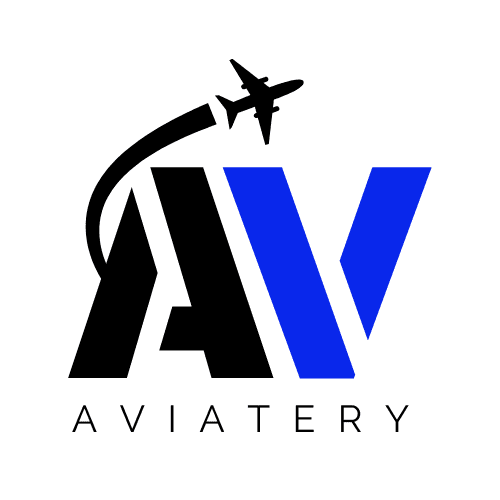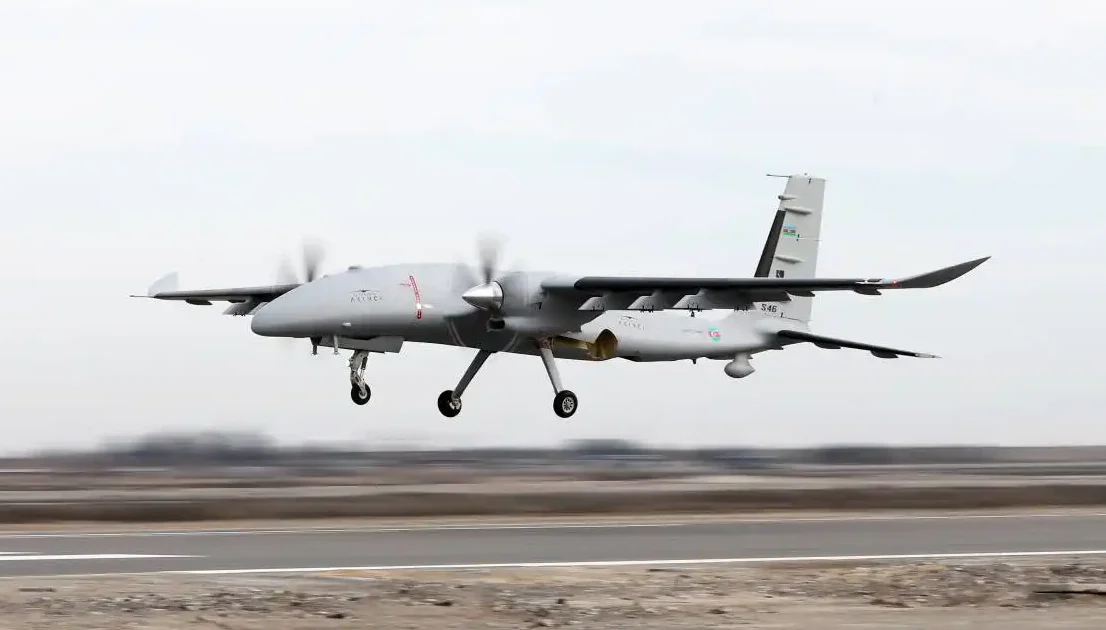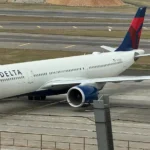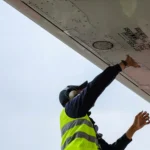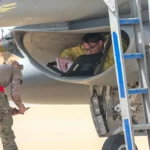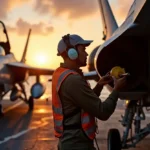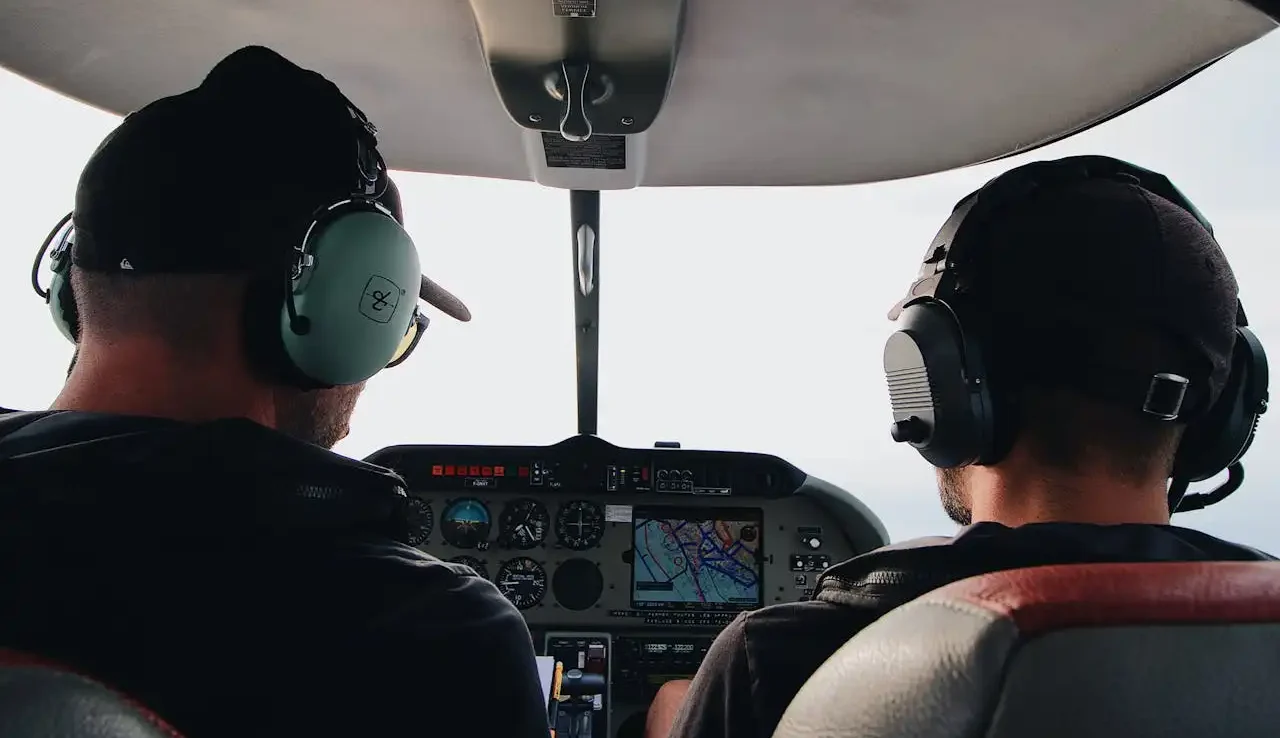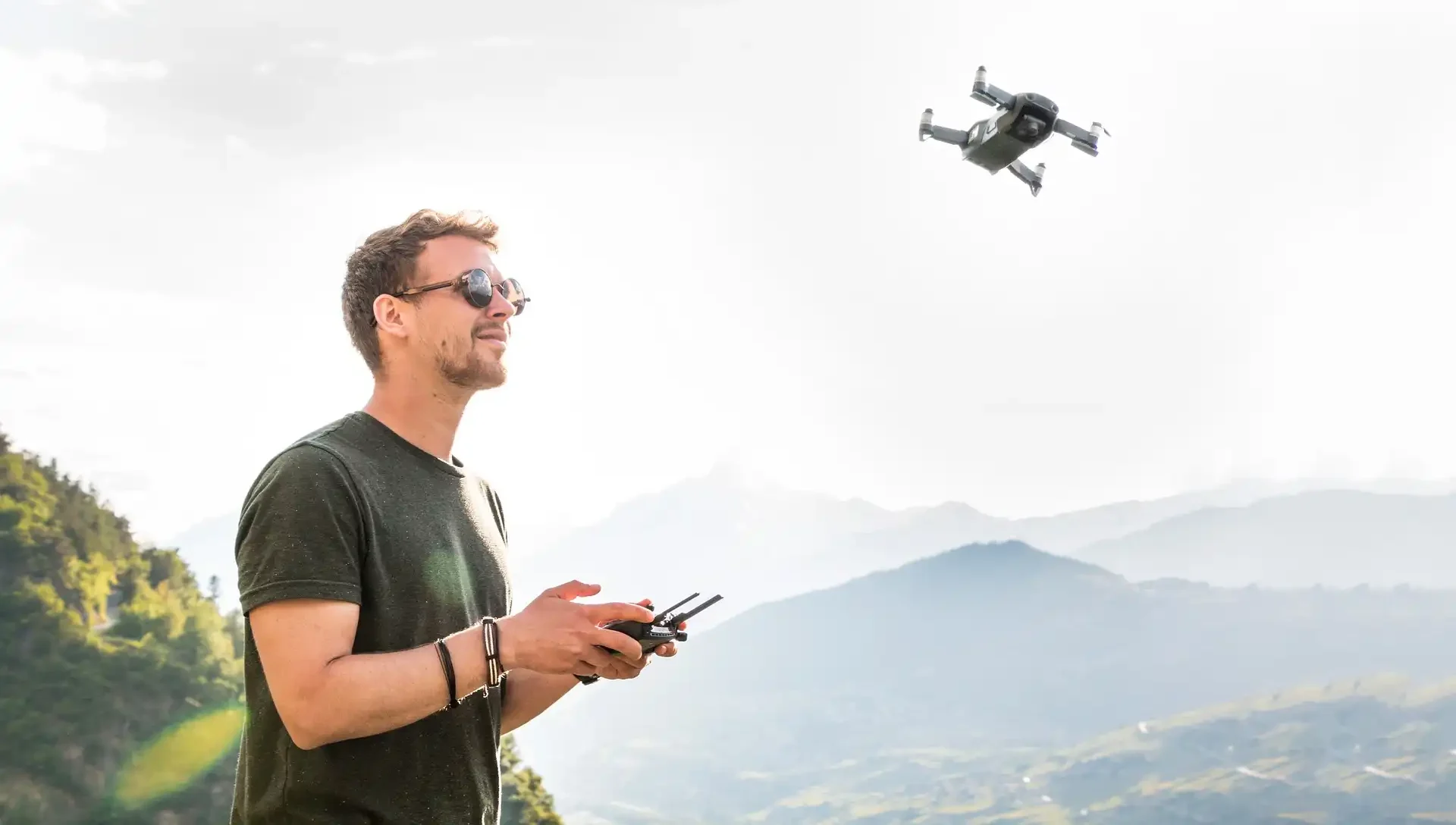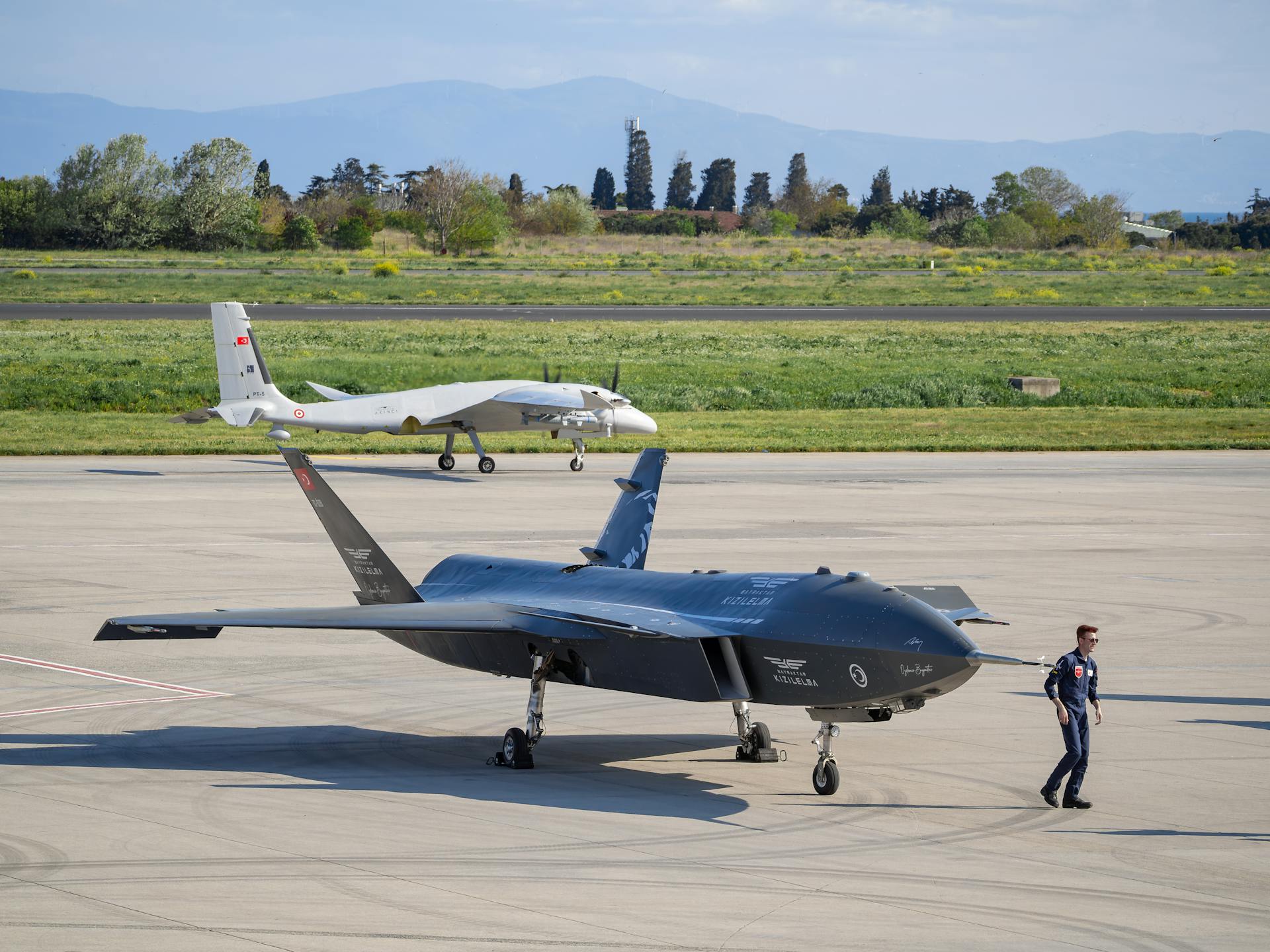Are you fascinated by unmanned aerial vehicles and considering a military career? Learning how to become a drone pilot in the Air Force is your first step toward an exciting and rapidly evolving profession. The U.S. Air Force refers to drone pilots as “Remote Piloted Aircraft (RPA) operators,” and these positions have become increasingly crucial to modern military operations. This comprehensive guide will walk you through the requirements, training process, and career prospects for aspiring Air Force drone pilots.
The Challenging Path to Becoming a Drone Pilot in the Air Force
The journey to becoming an RPA operator is rigorous and demands both physical and mental excellence. The Air Force doesn’t just accept anyone who can operate a recreational drone—the standards are exceptionally high for those seeking to pilot military-grade unmanned aircraft.
First, you must meet these basic eligibility requirements:
- Be a U.S. citizen
- Be between 18 and 39 years old
- Hold a bachelor’s degree with a minimum GPA of 3.0
- Pass the Air Force Officer Qualifying Test (AFOQT)
- Meet strict medical and physical fitness standards
- Obtain a security clearance
According to Air Force Recruiting Service statistics, only about 30% of applicants who express interest in how to become a drone pilot in the Air Force actually meet these initial criteria.
Training Phases and Specialized Education for Air Force Drone Pilots
Once accepted into the program, candidates embark on a comprehensive training journey that takes approximately 12-15 months. The Air Education and Training Command oversees this multi-phase process:
Initial Flight Training
Your journey begins with approximately 40 hours of flight training in a small aircraft. This phase establishes fundamental aviation knowledge and flight principles, even though you won’t physically be in the aircraft you’ll eventually control.
RPA Instrument Qualification
This intensive 3-month course focuses on how to become a drone pilot in the Air Force through specialized instruction in:
- Aircraft systems
- Emergency procedures
- Instrument flying
- Mission planning
- Navigation techniques
RPA Fundamentals Course
Transitioning to actual drone operations, you’ll learn about the specific unmanned systems you’ll be operating, including the MQ-9 Reaper or RQ-4 Global Hawk platforms.
Final Qualification Training
The culmination of your training involves learning how to become a drone pilot in the Air Force operational environment through tactical scenarios, combat simulations, and mission-specific training at your assigned base.

Career Progression and Benefits for Air Force Drone Pilots
The demand for skilled RPA operators continues to grow, making this career path increasingly valuable. As an Air Force drone pilot, you can expect:
- Starting salary between $39,000-$52,000 annually as a Second Lieutenant
- Special aviation incentive pay up to $35,000 annually after gaining experience
- Excellent healthcare benefits and housing allowances
- Educational benefits for advanced degrees
- Potential for rapid advancement
The Bureau of Labor Statistics projects a 25% growth rate for professional drone pilots across all sectors through 2030, reflecting the transferable skills gained when learning how to become a drone pilot in the Air Force.
Daily Life and Responsibilities of an Air Force Drone Pilot
Unlike traditional pilots, RPA operators conduct missions from ground control stations, often working in shift patterns to maintain 24/7 operation capabilities. Your responsibilities will include:
- Pre-mission briefings and planning
- Operating aircraft systems during intelligence, surveillance, and reconnaissance missions
- Coordinating with intelligence analysts and ground troops
- Post-mission debriefings and reports
- Continuing education and training
The psychological demands are unique, as noted by Major Jeff Bright, an experienced RPA operator: “You might be conducting a mission in Afghanistan in the morning and attending your child’s soccer game that evening. The mental compartmentalization required is substantial.”

Understanding how to become a drone pilot in the Air Force requires recognizing that this role combines technical expertise, tactical decision-making, and the ability to operate effectively under pressure.
FAQ About Becoming a Drone Pilot in the Air Force
Do I need prior flying experience to become an Air Force drone pilot?
While prior flying experience isn’t strictly required, it can make you a more competitive candidate. The Air Force values candidates who demonstrate aptitude for aviation concepts and spatial awareness. Even recreational drone experience or civilian flight training can bolster your application.
What’s the difference between enlisted and officer drone positions?
Officers serve as the primary RPA pilots who control the aircraft, while enlisted personnel often work as sensor operators who manage the surveillance and weapons systems. To become a pilot, you must commission as an officer, which requires a bachelor’s degree.
What civilian careers can Air Force drone pilot training lead to?
Former Air Force drone pilots are highly sought after for positions with federal agencies like the FBI and Border Patrol, defense contractors, aerospace companies like Lockheed Martin and Boeing, and commercial drone operations in sectors including agriculture, infrastructure inspection, and emergency services.
Is there a commitment period after training?
Yes, after completing training to become a drone pilot in the Air Force, you’ll typically incur a 6-year active duty service commitment due to the extensive and expensive training investment the Air Force makes in your development.
What are the psychological challenges unique to drone pilots?
Remote combat operations create a distinctive psychological environment some call “remote warrior syndrome.” Unlike traditional pilots, drone operators may conduct strikes and then immediately return to civilian life within hours, which can create cognitive dissonance. The Air Force provides specialized psychological support for RPA operators.
Can women become Air Force drone pilots?
Absolutely. The RPA program has been open to women since its inception. In fact, the Air Force has actively recruited women into the program, recognizing the diverse perspectives they bring to mission execution and team dynamics.
Share Your Thoughts: We Value Your Feedback!
